Keywords: Indigenous Voice
-
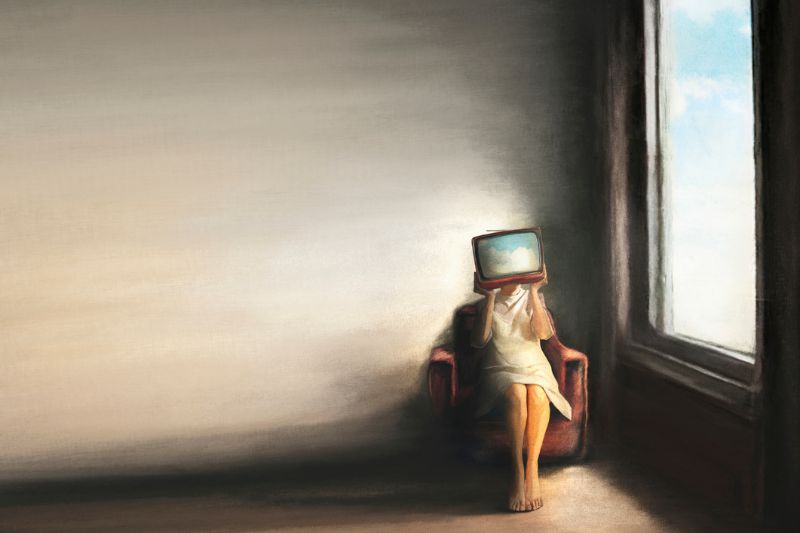
ARTS AND CULTURE
- Emma Wilkins
- 27 September 2022
2 Comments
There's an assumption that writers shouldn’t be writing about groups they don't belong to, as if this couldn’t be done with honesty and insight, respect and restraint. Difficult, yes, but impossible? Whether in fiction or non-fiction, outsiders might misunderstand and misrepresent the people they depict, but sometimes, insiders will too. Sometimes, outsiders will lack insight, but sometimes, when they’re curious, attentive, when they do not overreach, they’ll capture truth.
READ MORE 
-

ENVIRONMENT
- Andrew Hamilton
- 01 September 2022
2 Comments
To address climate change demands concerned action that is built on people working together for the good of all. This in turn demands the recognition that the environment is not something different from us but part of us. Our personal good depends on the common good of our world.
READ MORE 
-
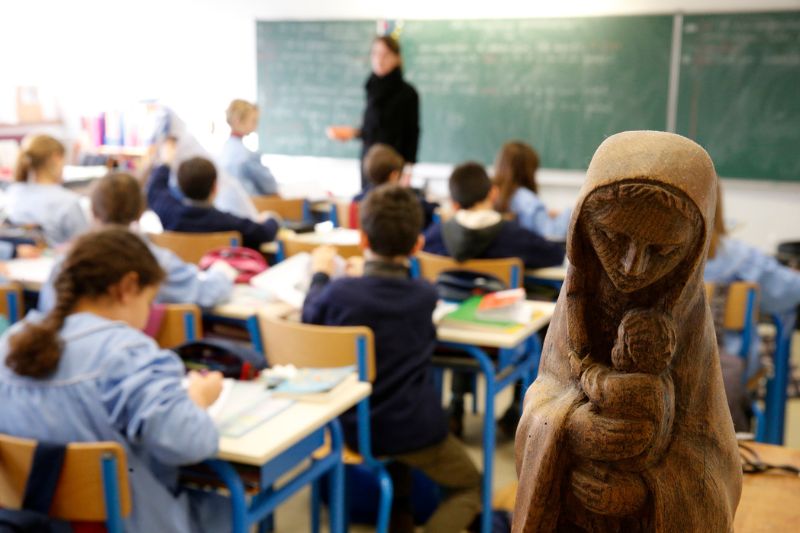
RELIGION
- John Warhurst
- 23 August 2022
18 Comments
The successful implementation of the spirit and the letter of the Plenary Council must involve the Catholic education sector. Catholic schools, meaning students, parents, staff members and governing bodies, are one of the most vital sectors of the church along with the health sector. They must be convinced to engage with and support the reform outcomes of the Plenary Council.
READ MORE 
-
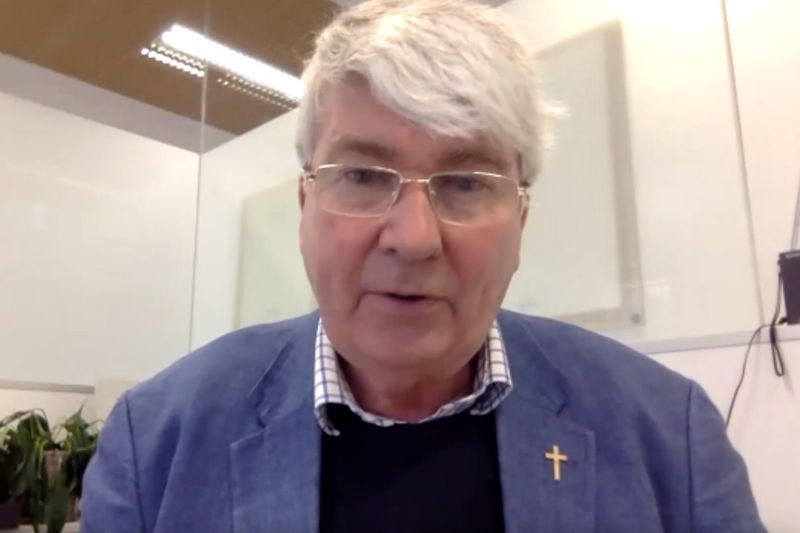
AUSTRALIA
- Frank Brennan, Vicki Clark
- 18 August 2022
3 Comments
How can individuals and organisations engage with and support progress on reconciliation? In this conversation, Fr Frank Brennan SJ (Rector, Newman College) and Vicki Clark touch on progress of reconciliation in Australia in light of the Uluru Statement from the Heart, Constitutional recognition of Aboriginal and Torres Strait Islander Peoples, the Yoorrook Justice Commission and the Victorian Treaty process.
READ MORE 
-
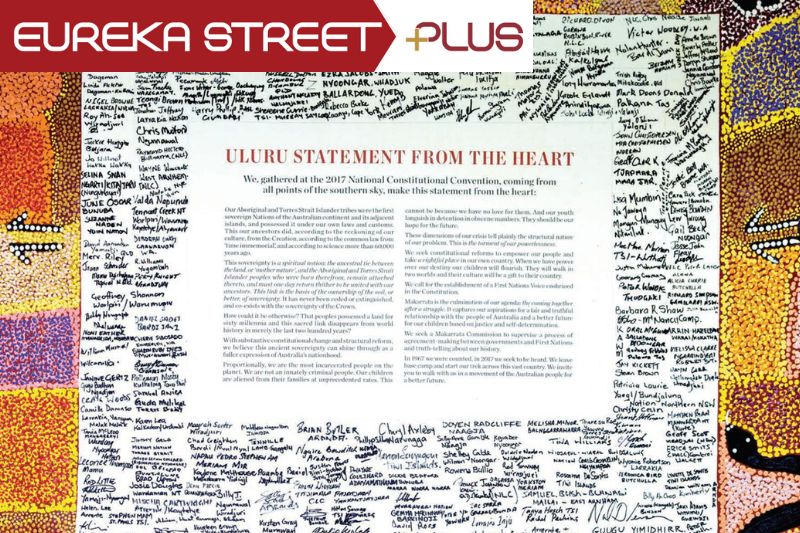
AUSTRALIA
- Frank Brennan
- 17 August 2022
2 Comments
We need to be able to do more than simply give notional assent to the Uluru Statement. We need to be able to contribute to the hard thinking and difficult discussions to be had if the overwhelming majority of our fellow Australians are to be convinced of the need for a Voice in the Constitution.
READ MORE 
-
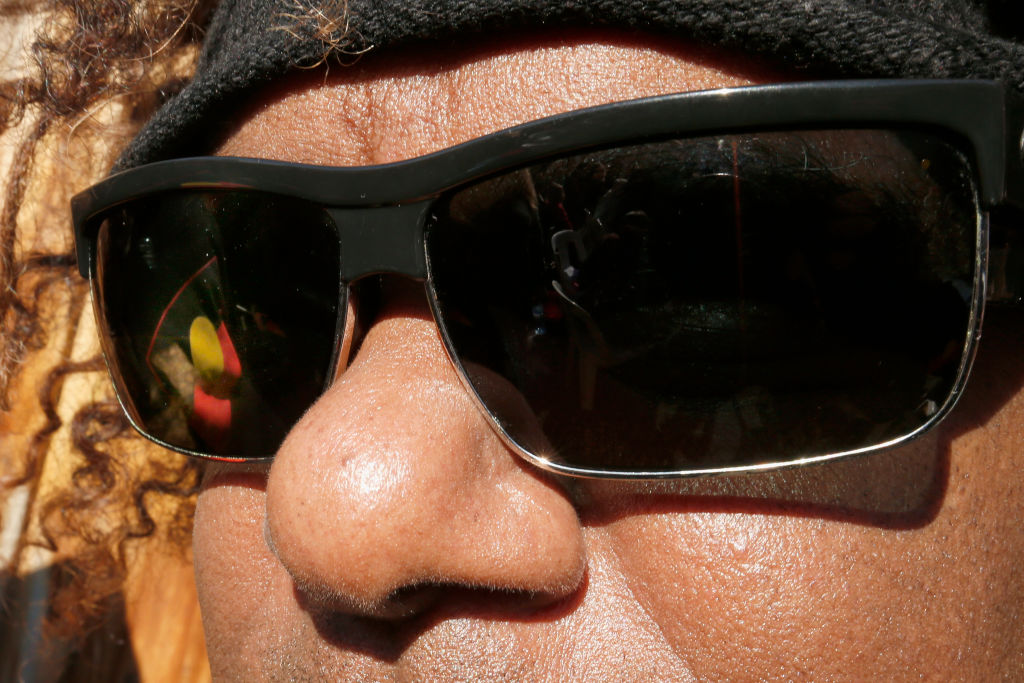
AUSTRALIA
- Andrew Hamilton
- 30 June 2022
11 Comments
If NAIDOC and of the Australian Catholic Church are to achieve their goals time and patience will be required. Yet both show signs of justifiable impatience. This year the theme of NAIDOC Week is Get Up! Stand Up! Show Up! Its tone is urgent, expressing frustration at the resistance to change but also the recognition that new possibilities have opened.
READ MORE 
-
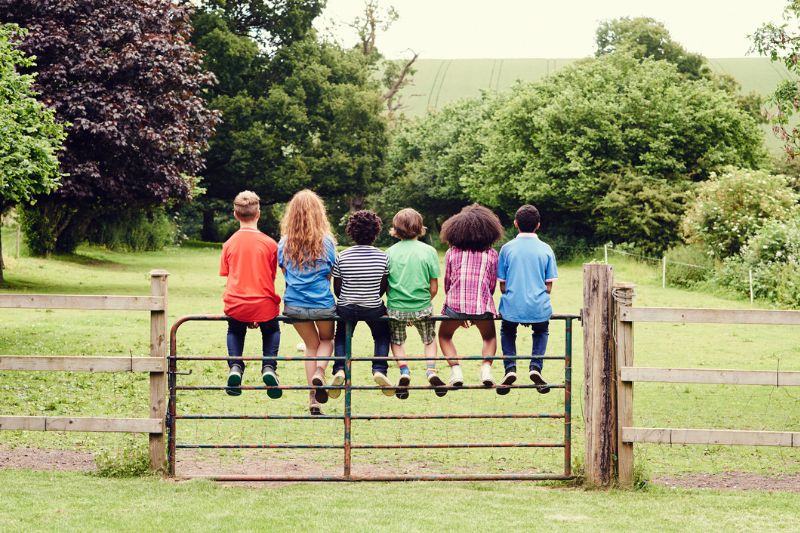
ARTS AND CULTURE
- Gillian Bouras
- 29 June 2022
10 Comments
What causes racism? How does it start? Perhaps that’s at the heart of the matter: the difference, and the fear of it. Historically, we have tried to manage the fear via labels and categories: think of the ancient Greeks and their idea that anybody who did not speak Greek was a barbarian because of the bar-bar sounds that they made.
READ MORE 
-
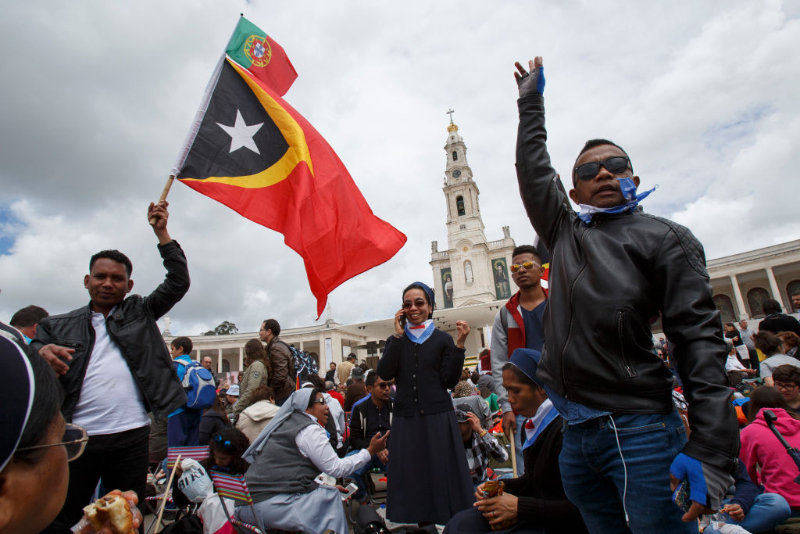
RELIGION
While the church in East Timor has its hands full serving its large membership, a big challenge is to work out what its role should be in post-war Timor. Rather than entrench its comfortable status quo, Cardinal Virgilio, educated in the Philippines and from an order skilled in youth education, must ensure that the church’s new status is used to move it towards the model advocated by Pope Francis.
READ MORE 
-

AUSTRALIA
- Michael McVeigh
- 07 June 2022
Before the game, Richmond players of Aboriginal and Torres Strait Islander descent were encircled and then honoured by their teammates. The sight of non-indigenous Richmond players on their knees while their teammates stood proudly before them was powerful and moving. It felt like a significant moment in the club’s history. To get to that moment, authentically, was not easy.
READ MORE 
-
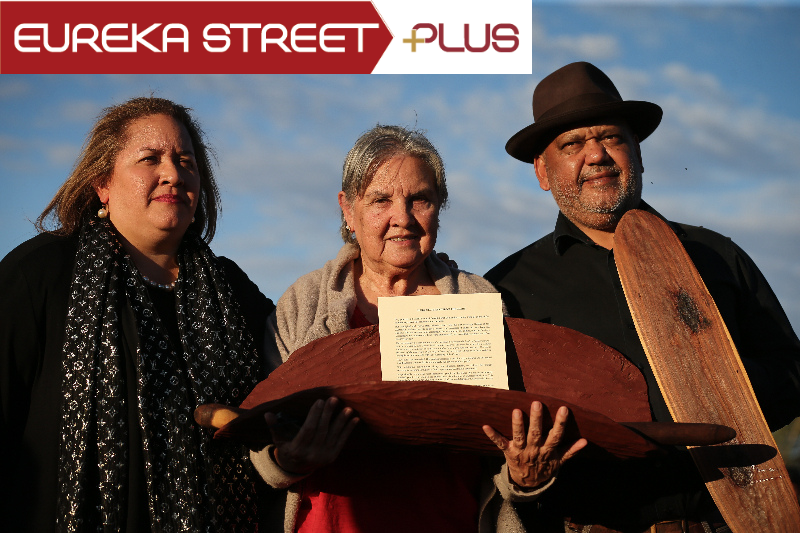
AUSTRALIA
- Frank Brennan
- 06 May 2022
5 Comments
Whoever is Prime Minister after the election on May 21, he will need to address the question of Indigenous recognition in the Australian Constitution. This is the sixth election in a row when the question has been a live, unresolved issue during the election campaign. The patience of Indigenous leaders is understandably wearing thin. Trust is waning. There is still no clear path ahead. So where to from here?
READ MORE 
-
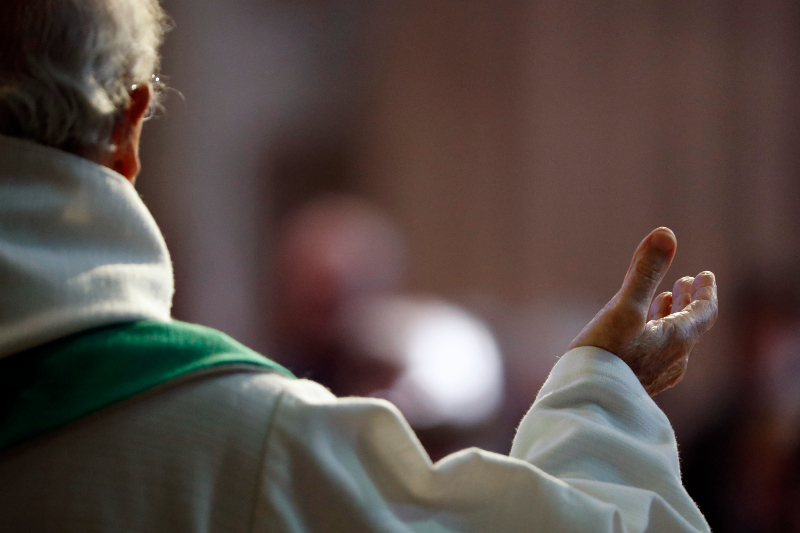
RELIGION
- Andrew Hamilton
- 03 May 2022
9 Comments
We should not underestimate the difficulty that people who represent independent branches of the same organization face when drawing up an agreed statement on contentious issues. Even the widely applauded Uluru Statement from the Heart did not secure the support of all Indigenous groups. If the Bishops Statement was to be effective it had to be supported, or at least tolerated, by all members of the Conference, despite their differing views about political and church issues and the priority that should be given to them in advocacy.
READ MORE 
-
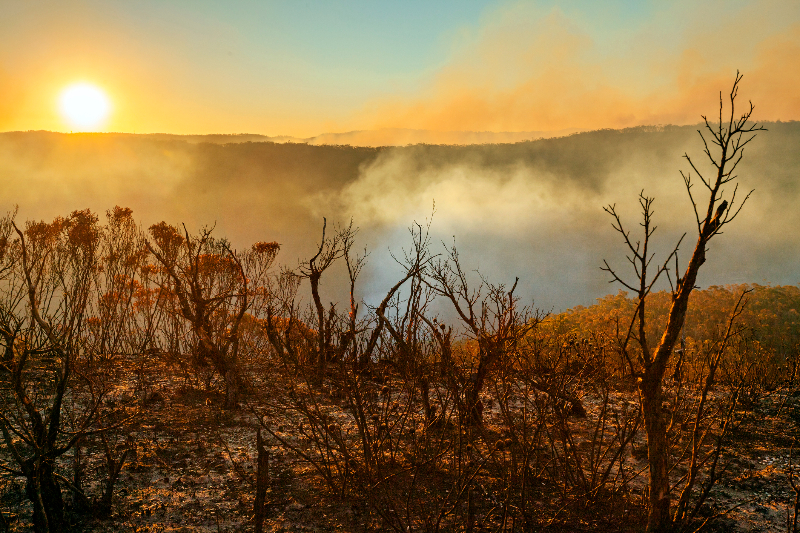
RELIGION
- Andrew Hamilton
- 19 August 2021
11 Comments
Last week the annual Catholic Social Justice Statement was launched. Entitled Cry of the Earth, Cry of the Poor, its theme is care for the environment. In the same week the authoritative Intergovernmental Panel on Climate Change (IPCC) Report warned of the need for immediate and radical effort to minimise emissions and of the likely effects of their existing growth.
READ MORE 